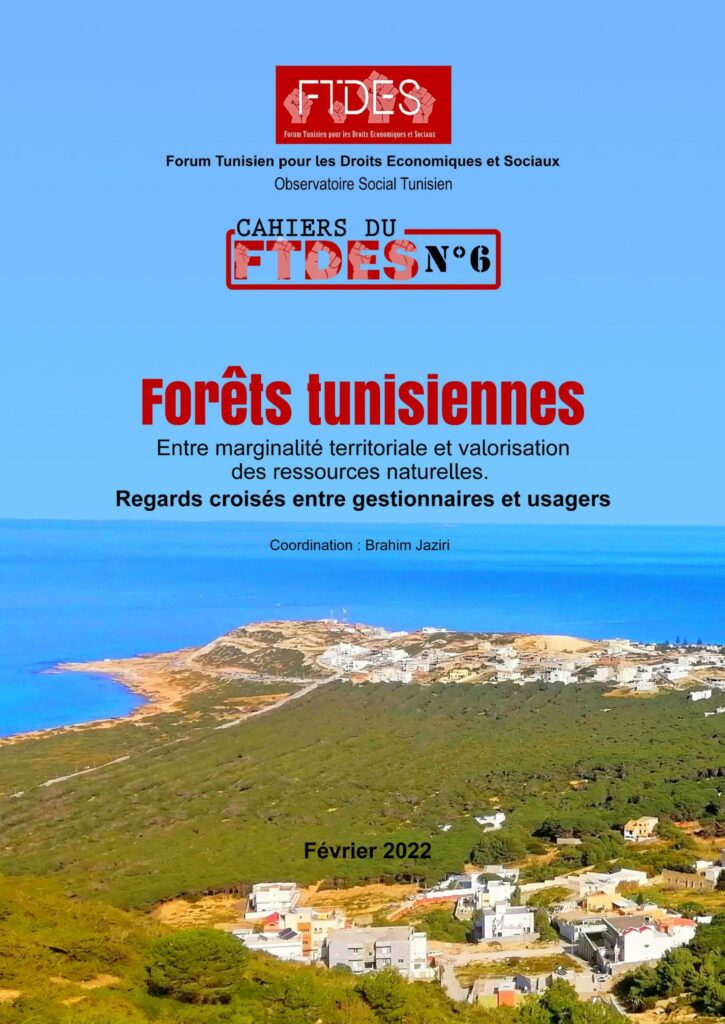The coast of northern Tunisia is characterized by its fragile ecosystem, placed remained until the late 1990s in the margins of the process of socio-economic development. Efforts to fix sand dunes, reforestation and water and soil conservation since the colonial era focused on the precarious stabilization of certain environments at high risk of erosion. However, the pressures exerted by the local population (clearing and fire) and certain economic activities (informal tourism in particular) constitute a strong threat to its ecosystem due to the overconsumption of its natural resources. The management of this space by the public authorities was partially limited to preservation and protection activities and to another social measure in order to alleviate poverty and have insight on the living conditions of the local population. Despite all the efforts, results remain below fixed targets and the environment is undergoing more significant pressure by the local population and recently by the economic promoters.








